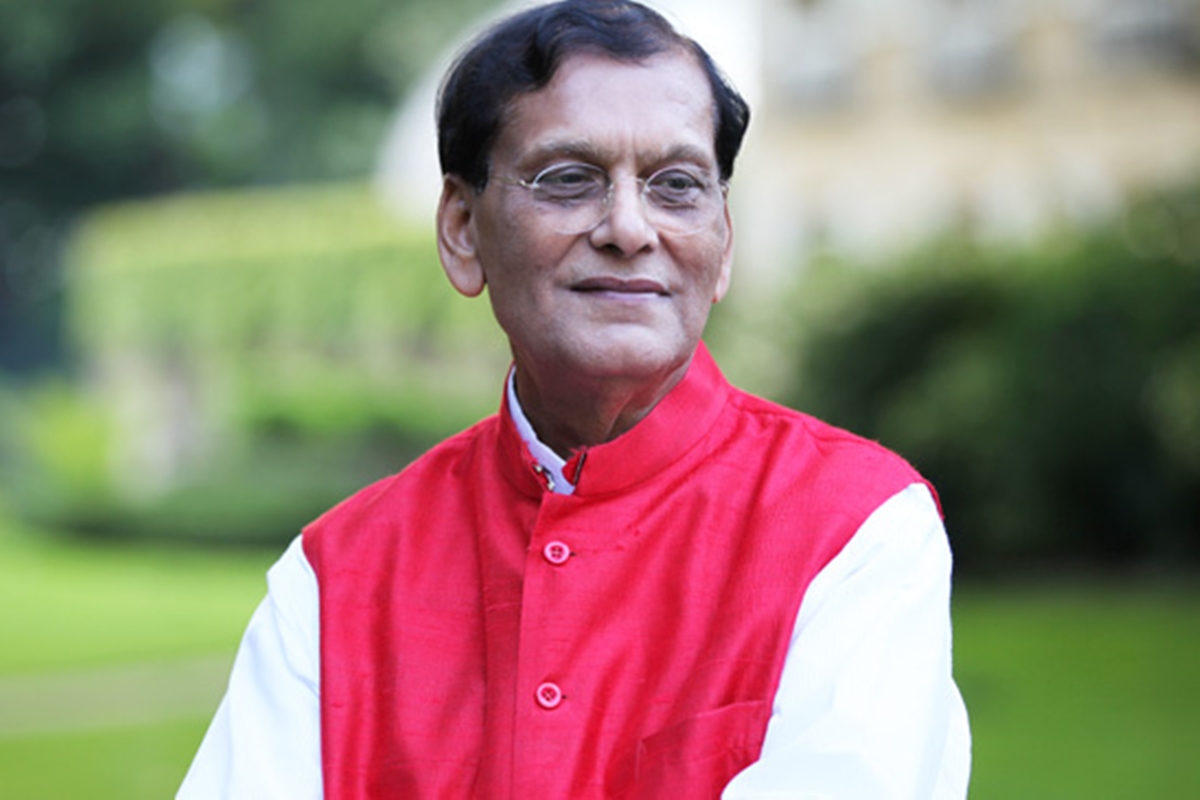Kim Sae-ron, South Korean actress, dies at 24 — Cause of death revealed
Kim Sae-ron was a rose to fame with roles in 'The Man from Nowhere' and 'A Girl at My Door'. She began her career at a young age and earned critical acclaim.

Bindeshwar Pathak, the visionary behind Sulabh International, an organization dedicated to human rights, environmental sanitation, waste management, and educational reforms, passed away due to a cardiac arrest on Tuesday.
Pathak was a pioneer in the creation of community toilets as a means to combat open defecation. His efforts marked a significant stride in promoting public hygiene and societal advancement.
Advertisement
“He complained of uneasiness amid Independence Day celebrations at Sulabh complex at Palam-Dabri Road, New Delhi. He was taken to AIIMS,” the Sulabh International said in a statement.
Advertisement
Reports suggest that Pathak had unfurled the national flag on the morning of Independence Day before suddenly collapsing. Subsequently, people around him took him to AIIMS Delhi. There the doctors pronounced him dead at 1.42 pm.
The demise of Pathak meets condolences from Prime Minister Narendra Modi, who described him as a visionary. In a message shared on X (formerly Twitter), Prime Minister Modi lamented Pathak’s passing and lauded his extensive work in the fields of societal progress and uplifting marginalized communities.
“Bindeshwar Ji made it his mission to build a cleaner India. He provided monumental support to the Swachh Bharat Mission. During our various conversations, his passion towards Swachhata was always visible. His work will continue to inspire several people. My deepest condolences to his family and loved ones during this difficult time. Om Shanti”, he added.
Bindeshwar Pathak hails from a Brahmin family of Rampur Baghel village in Vaishali district, Bihar. He had deep roots firmly entrenched in his familial heritage. Born to Yogmaya Devi and Ramakant Pathak, he navigated his journey from these origins to make a remarkable impact on society.
Venturing to Patna, he pursued his education at B.N. College, where he delved into sociology and graduated. His initial career path led him to teaching before a new avenue beckoned – the Gandhi Centenary Committee in Patna, where he took up the mantle of a dedicated volunteer.
Drawing inspiration from the ideals of Mahatma Gandhi, as elucidated by the Sulabh International website, Pathak’s life trajectory was deeply rooted in the empowerment of those marginalized within India’s caste-based system. Over the past five decades, his endeavors focused particularly on advocating for the rights of manual scavengers, a group predominantly consisting of women from the lowest rungs of society.
A pivotal moment arrived in 1973, when Bindeshwar Pathak’s persuasion led Bhagdeo Singh ‘Yogi’, a member of the legislative assembly, to compose a letter to then Prime Minister Indira Gandhi, highlighting the plight of manual scavengers. The response from Gandhi, pledging to direct the chief minister’s personal attention to the matter, marked a significant stride towards initiating change.
Further fortifying his mission, a noteworthy incident occurred in the same year. An officer from Arrah municipality extended 500 rupees to Pathak for the construction of two demonstration toilets within its premises. These toilets left a lasting impression on the authorities, ultimately leading to the approval of a broader project for their widespread implementation.
Advertisement